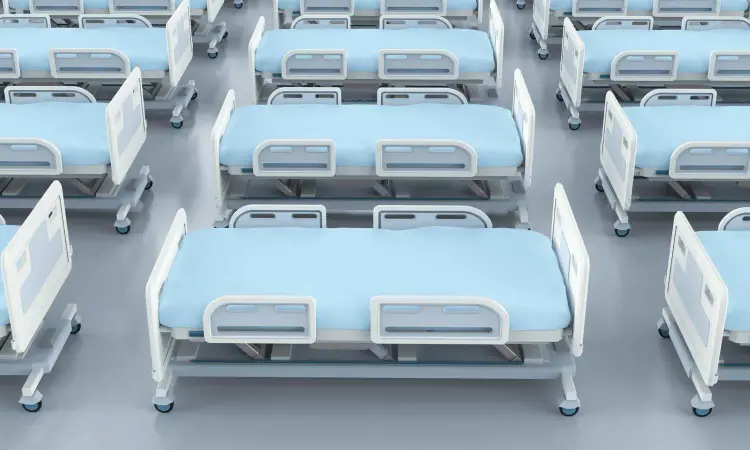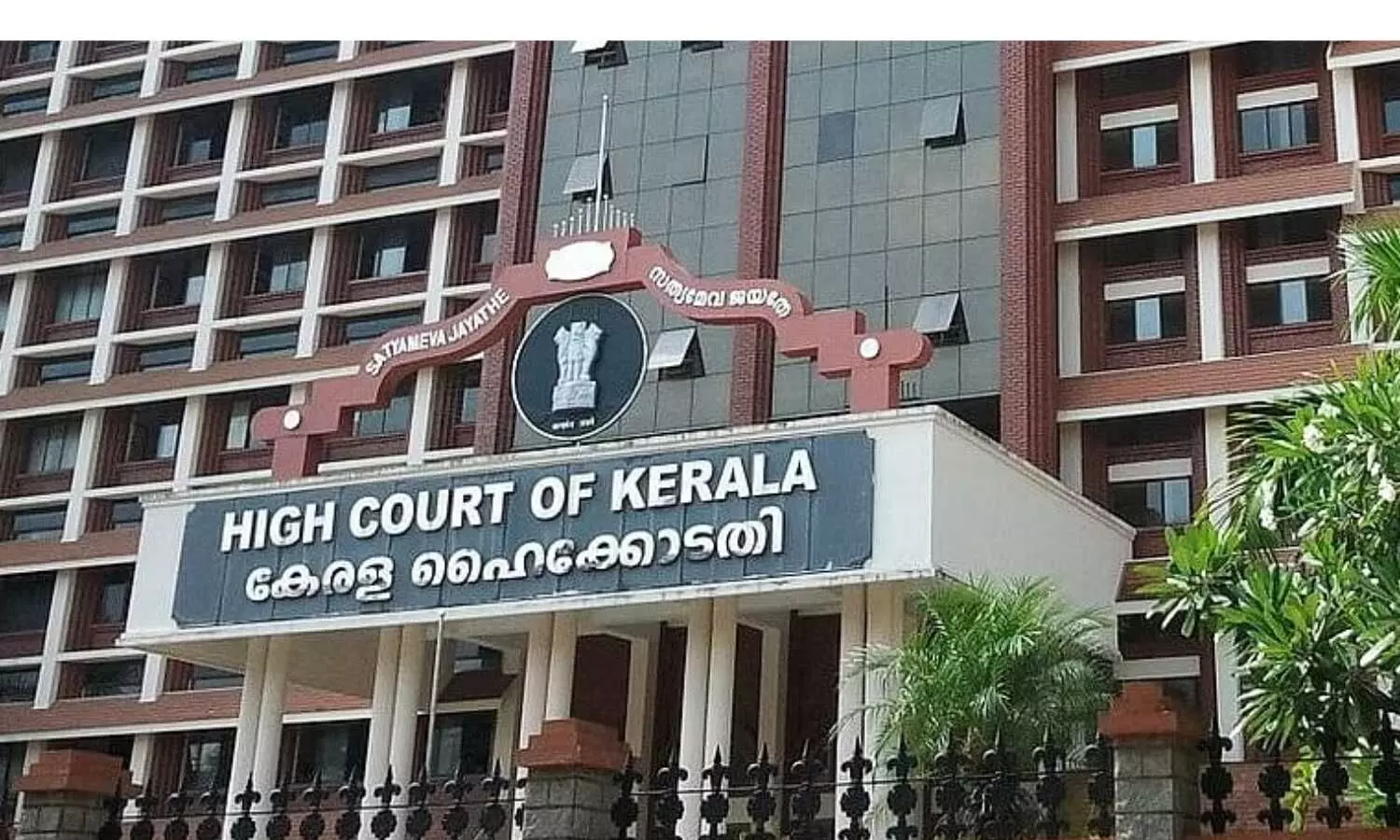- Home
- Medical news & Guidelines
- Anesthesiology
- Cardiology and CTVS
- Critical Care
- Dentistry
- Dermatology
- Diabetes and Endocrinology
- ENT
- Gastroenterology
- Medicine
- Nephrology
- Neurology
- Obstretics-Gynaecology
- Oncology
- Ophthalmology
- Orthopaedics
- Pediatrics-Neonatology
- Psychiatry
- Pulmonology
- Radiology
- Surgery
- Urology
- Laboratory Medicine
- Diet
- Nursing
- Paramedical
- Physiotherapy
- Health news
- Fact Check
- Bone Health Fact Check
- Brain Health Fact Check
- Cancer Related Fact Check
- Child Care Fact Check
- Dental and oral health fact check
- Diabetes and metabolic health fact check
- Diet and Nutrition Fact Check
- Eye and ENT Care Fact Check
- Fitness fact check
- Gut health fact check
- Heart health fact check
- Kidney health fact check
- Medical education fact check
- Men's health fact check
- Respiratory fact check
- Skin and hair care fact check
- Vaccine and Immunization fact check
- Women's health fact check
- AYUSH
- State News
- Andaman and Nicobar Islands
- Andhra Pradesh
- Arunachal Pradesh
- Assam
- Bihar
- Chandigarh
- Chattisgarh
- Dadra and Nagar Haveli
- Daman and Diu
- Delhi
- Goa
- Gujarat
- Haryana
- Himachal Pradesh
- Jammu & Kashmir
- Jharkhand
- Karnataka
- Kerala
- Ladakh
- Lakshadweep
- Madhya Pradesh
- Maharashtra
- Manipur
- Meghalaya
- Mizoram
- Nagaland
- Odisha
- Puducherry
- Punjab
- Rajasthan
- Sikkim
- Tamil Nadu
- Telangana
- Tripura
- Uttar Pradesh
- Uttrakhand
- West Bengal
- Medical Education
- Industry
Financial Crisis: 99 small hospitals shut down in Kerala

Super Specialty Hospital
Thiruvananthapuram: Over the past few years, Kerala has witnessed the closure of 99 small hospitals due to increasing operational costs, the subsequent financial crisis, and the growing competition from corporate and multi-speciality healthcare facilities. The trend has raised concerns about the sustainability of smaller healthcare institutions in the state.
According to data from the Kerala Private Hospitals Association (KPHA), at least 99 hospitals have shut down in the last few years. However, the association believes the actual number is significantly higher, as many closures may have gone unrecorded. Rising expenses and increasing competition from large hospital chains have made it difficult for smaller establishments to sustain operations.
Commenting on the issue, Hussain Koya Thangal, president of KPHA told Medical Dialogues, “Small clinics are struggling to balance income and expense. The cost of infrastructure and running the institutions also escalated. Moreover, most of the hospitals are empanelled under healthcare schemes of the Kerala government but there is almost Rs. 600 Crore pending amount that is not yet delivered by the government under the scheme. The nursing strikes are going on and now they are finally getting what they consider as reasonable pay. However, even a 20-bed hospital has to pay Rs 20000 per month for a fresher nurse. There are also several allowances. So, with so many restrictions, how will the small clinics survive?”
“The minimum salary that the management has to pay is also very high in Kerala which is not viable. In other states, it is very reasonable and for the small hospitals also it is only slightly less in Kerala. The small clinics also have to pay several exorbitant fees to the government, for example, a few years back the government issued an order that 0.05 of the capital investment has to be reserved for the pollution control board. Government is not taking note of the small clinics and private hospitals but are only concentrating on corporate facilities,” he further added.
Rajeev Mannali, CEO of BR Life SUT Super Speciality Hospital and a healthcare expert told The New Indian Express, “The strength of the Kerala model of healthcare was its street-corner doctors. There was a time when missionary hospitals co-existed with primary and community health centres. The combination of the two ensured that the state’s healthcare sector became a model for others. However, the model was disrupted following the entry of private hospitals and the corporatization of healthcare.”
The last two years have been especially stressful considering that many big corporate hospitals entered the market. “Over the past two years, we have been witnessing several mergers and acquisitions in the private sector. The problem with these private firms is that they are more interested in profit than patient care. The investments involved are also substantial. Smaller hospitals cannot withstand this onslaught,” added Rajeev.
Economist D Narayana told The Daily, “We have more large hospitals with specialist doctors and advanced technologies. These small hospitals, most of the time, are not able to afford specialists or invest in the latest technologies. Moreover, the demand for small-scale hospitals in the state has declined.”
Sanchari Chattopadhyay has pursued her M.A in English and Culture Studies from the University of Burdwan, West Bengal. She likes observing cultural specificities and exploring new places.




